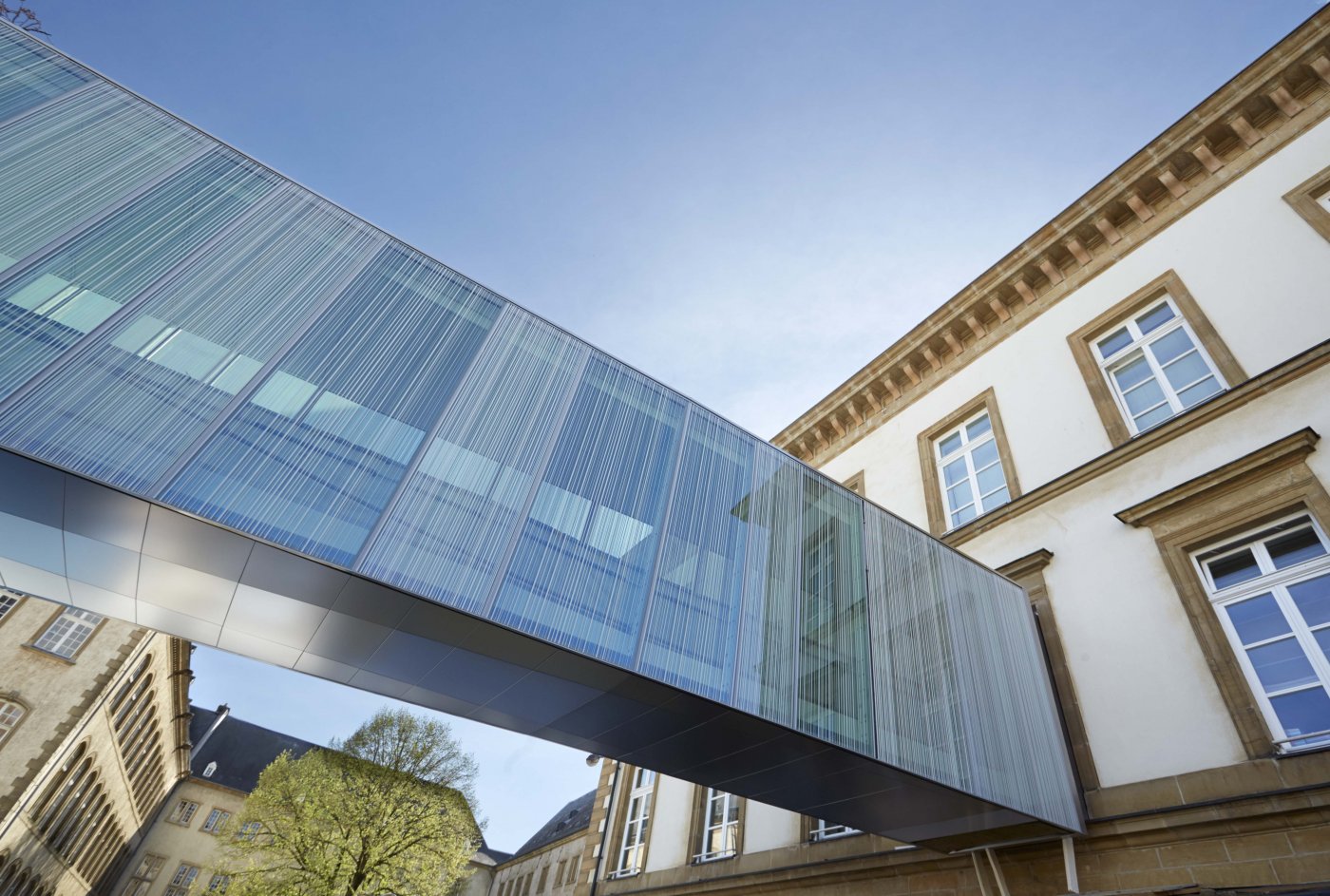QuattroPole – a cross-border network of cities
Straddling the borders of Germany, Luxembourg and France, QuattroPole is a cross-border region that is historically, economically and culturally extremely diverse, and where multilingualism is an accepted part of daily life. The cities of Luxembourg, Metz, Saarbrücken and Trier work closely together to heighten their visibility on the European stage and pool their know-how through innovative projects. This policy of cooperation, along with the implementation of joint projects, is geared towards creating synergies between the cities and bolstering the region's economic attractiveness.
Tonicités - Border towns
Tonicités, created in July 2006, is a cross-border network (formerly LELA). It brings together the cities of Luxembourg, Esch-sur-Alzette, Longwy and Arlon and, since September 2007, the cities of Metz and Thionville.
The shared goal of these towns is to promote the economic, tourism, cultural and urban development of this cross-border territory.
Eurocities
Eurocities is a network of over 200 cities across 38 countries, representing 130 million people. This group works together to ensure good quality of life for all.
UNESCO
Luxembourg City has been selected twice as the European Capital of Culture. The remains of its old fortress – which date back to the 9th century – have been listed as a UNESCO World Heritage Site, which has contributed to their preservation and protection.
Cultural Routes of the Council of Europe
The Cultural Routes of the Council of Europe programme was created in 1987 by the Council of Europe. This programme seeks to demonstrate that the heritage of various European countries contributes to a shared cultural heritage.
Association Internationale des Maires Francophones (AIMF)
The AIMF (Association Internationale des Maires Francophones) is the worldwide network of French-speaking locally elected officials. The aim of the members of this network is to develop a new form of cooperation, combining joint reflection at the highest level and action on the ground, to shape a future-proof city that puts citizens at the heart of urban development projects.
Organisation of World Heritage Cities (OWHC)
The main missions of the Organisation of World Heritage Cities (OWHC) are to help implement the World Heritage Convention (on the protection of world cultural and natural heritage), and the International Charter for the Conservation of Historic Towns and Urban Areas; and, both regionally and internationally, promote cooperation and the exchange of information and knowledge among all historic cities throughout the world.

















